|
|
December
November
October
September
August
July
June
May
April
March
February
January
|
Accounting Terms: Law 'N' OrderWhen you're managing your own small business, it can be tempting to try and do everything yourself. However, managing every aspect of your business can be exhausting and at times impractical, if not impossible. If you'd still like to manage your own accounting, though, we won't stop you; in fact, we'll even help you, thanks to our extensive range of articles focusing on every term you might need to know when handling your accounts.
U Owe Me
When you owe someone money, that is considered to be a liability. That liability should be recorded on your books somewhere, and can be resolved in a variety of ways, including by paying the person you owe with money, goods, or services. Liabilities can be anything from loans, mortgages, and accrued expenses, and they are considered to be short-term if they are resolved in less than one financial year.
Cash For A Rainy Day
The liquidity of a business is used to refer to how easily they are able to convert assets to cash, whether that be to pay for a liability or acquire new assets. Generally speaking, the most liquid asset that a business will own will be cash itself, as it is incredibly easy to both convert cash to other assets and it can be used to pay for a wide range of liabilities.
Calculate Your Take Home
Net income of a business is the total amount earned after you subtract both deductions and taxes from your total revenue, allowing you to work out how much money is left as total, pure profit after everything has been said and done. This is commonly referred to as 'the bottom line' in slang, as it appears as the last item in any income statement. Generally, investors and shareholders use the net income of a business to not only determine its financial health, but also its loan eligibility.
I Owe U (Again)
As an inverse to a liability, goods and services can be paid for on credit, where the buyer agrees to actually make the purchase at a date later than the date on which they collect the product. Credit cards are an incredibly common form of credit that most people would understand, though any business that sells their services via invoices that are paid after the fact also operate on credit.
Get In Touch With The Professionals
If you're worried about how much time you're spending handling your own accounting, it might be best to get in touch with the professionals. Here at the M.A.S Partners, we've spent years working with local businesses to make sure their accounting needs have been met. We're able to help you with all of your accounting needs, whether that be getting a cashflow analysis performed or making sure your tax forms are submitted correctly. To speak with our team of small business accountants in Sydney about what we can do for you, call us on (02) 9211 5000. |




